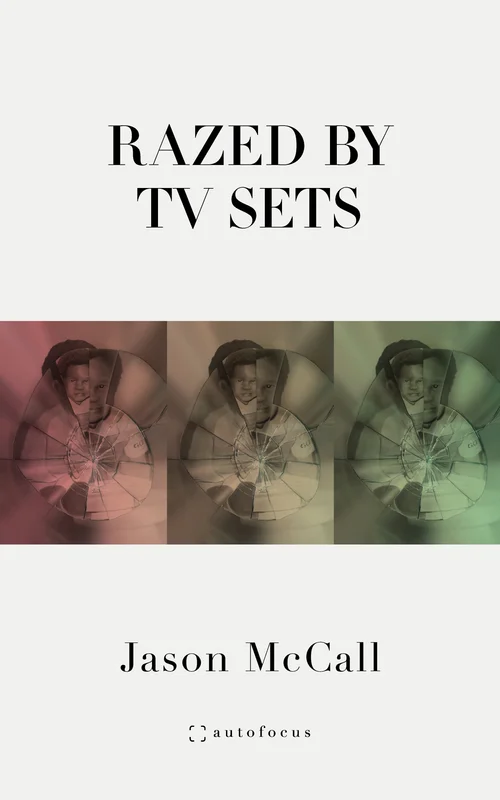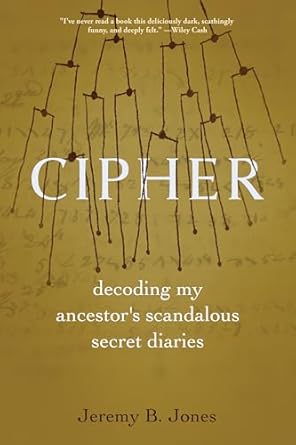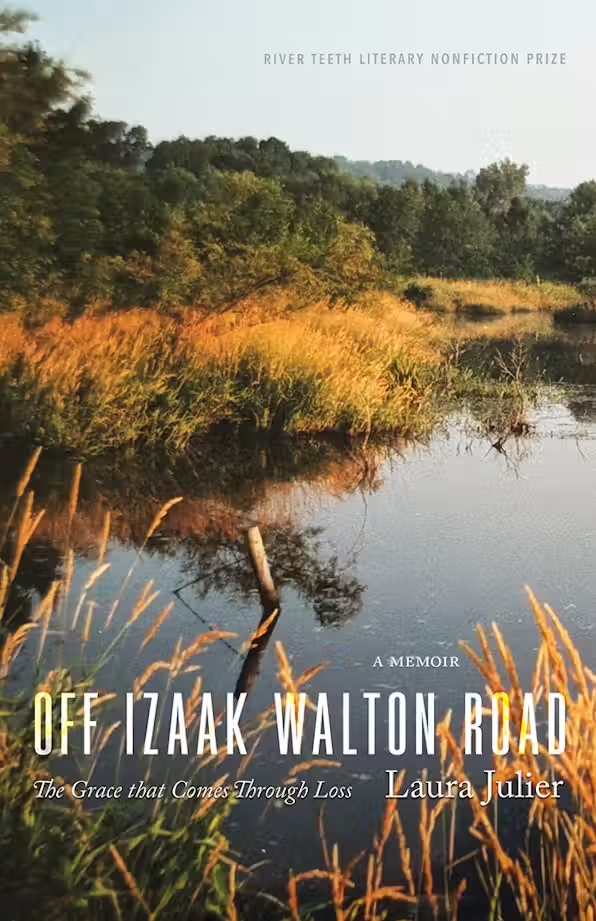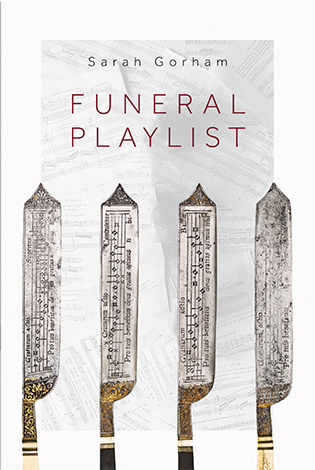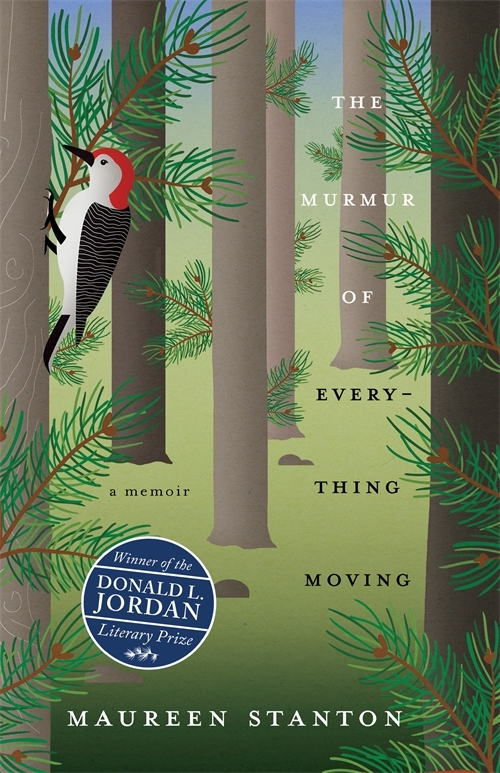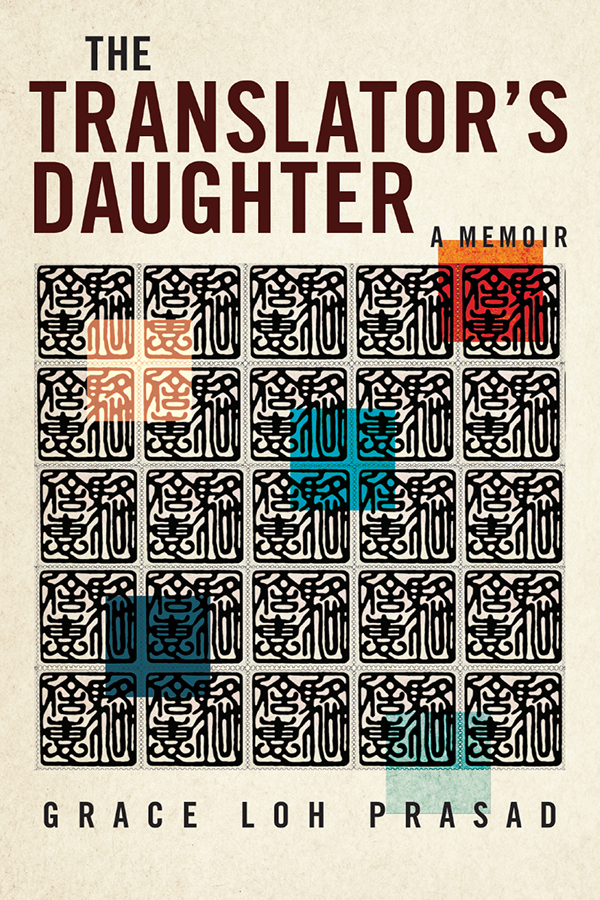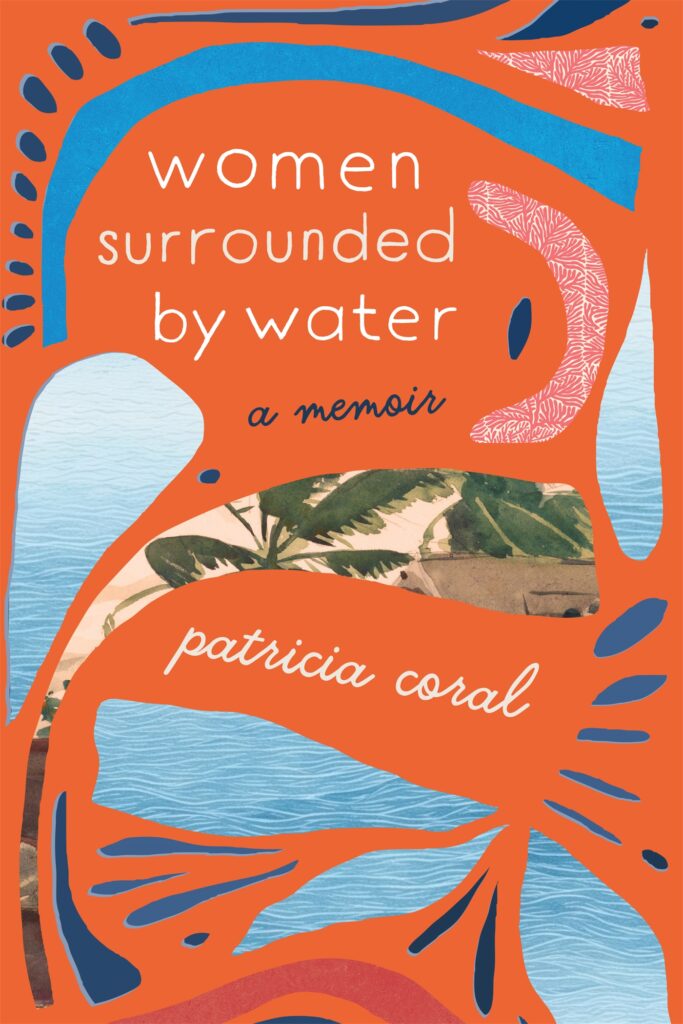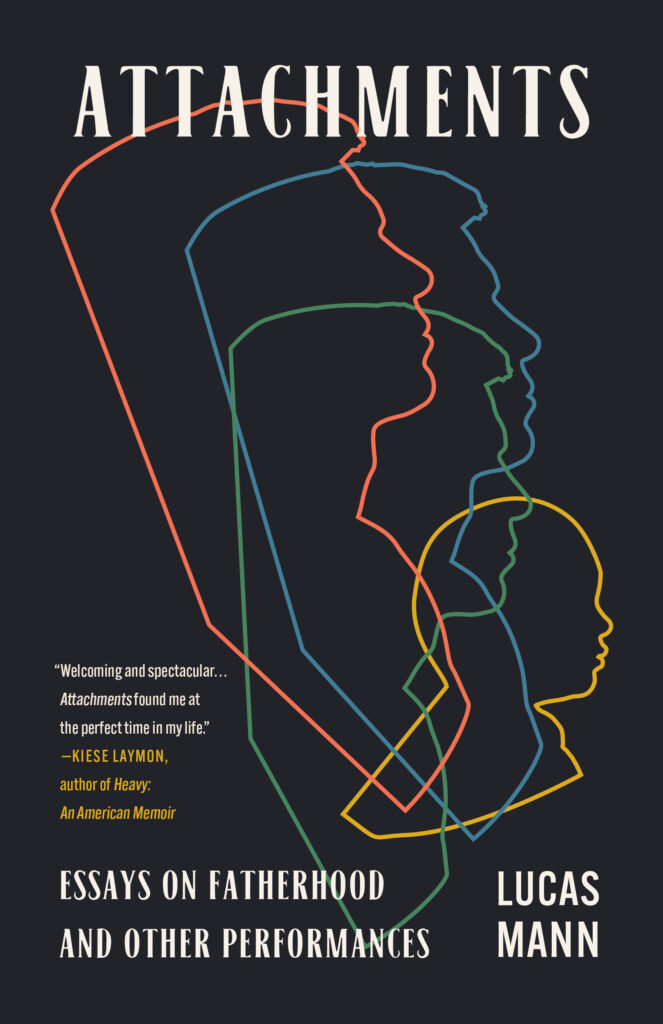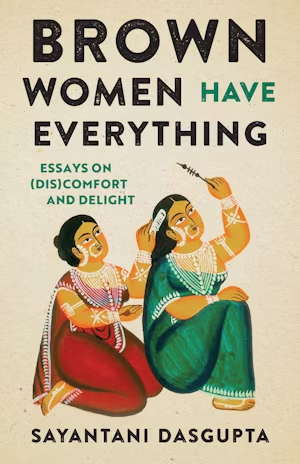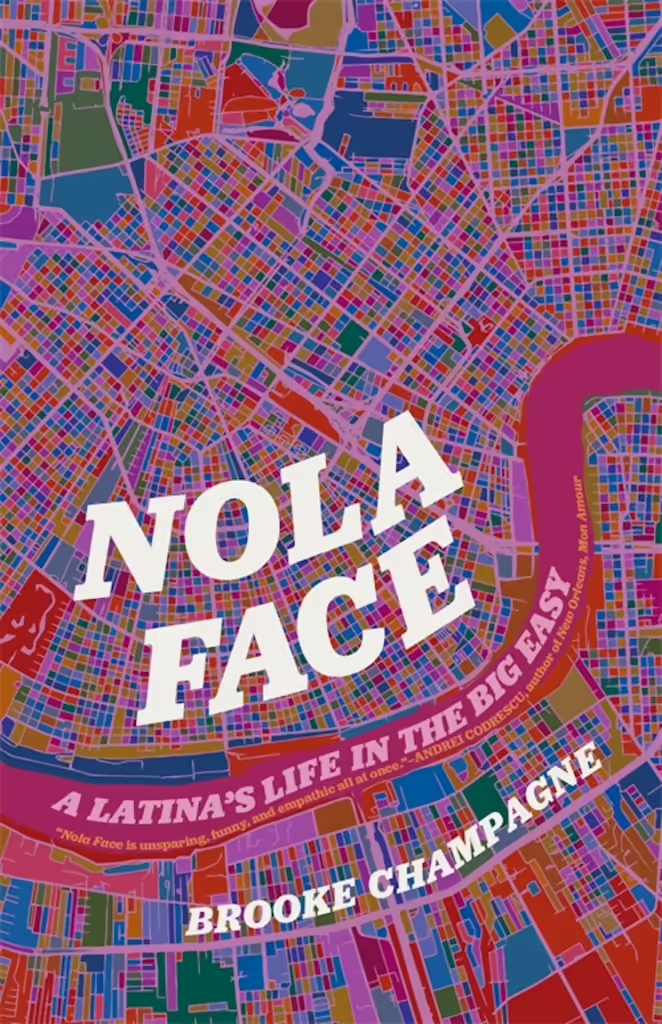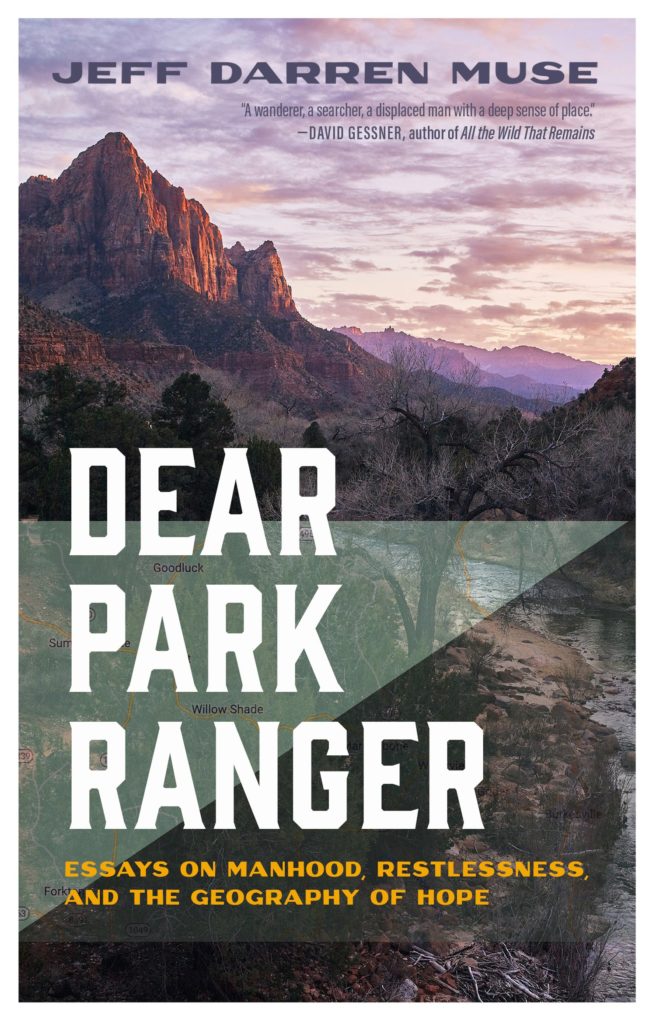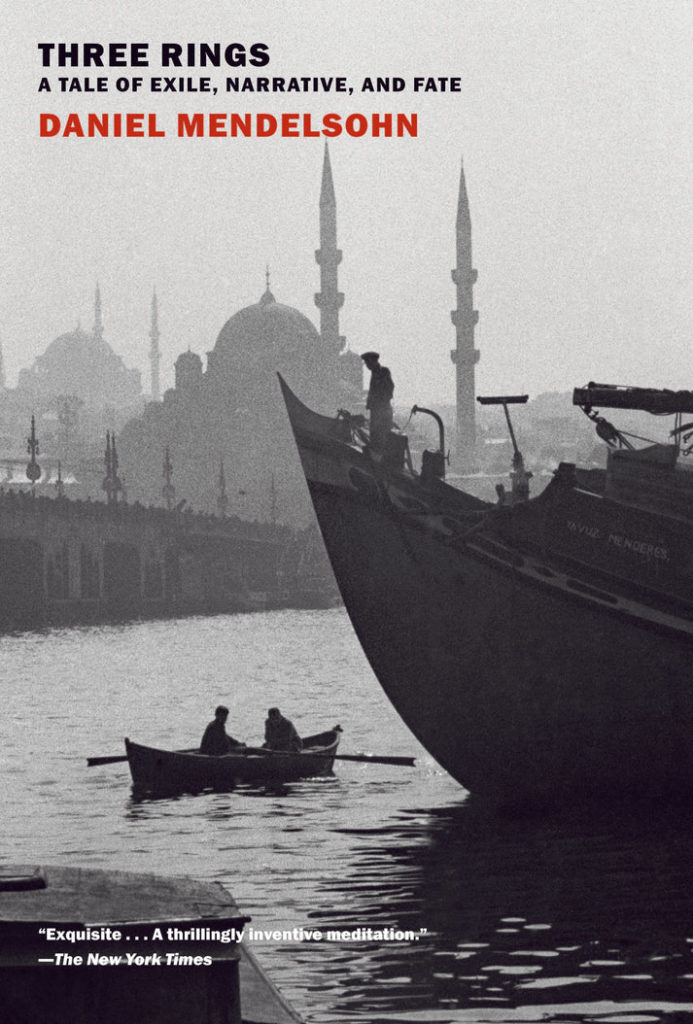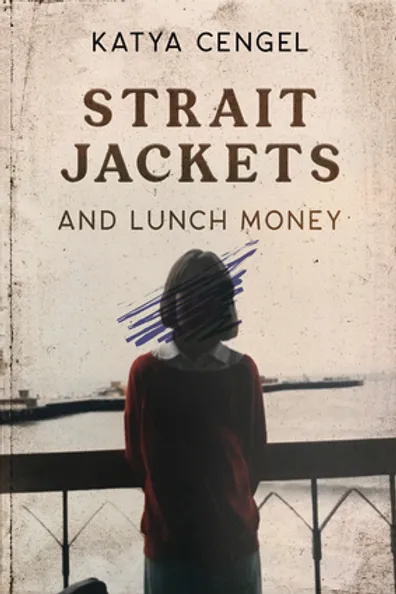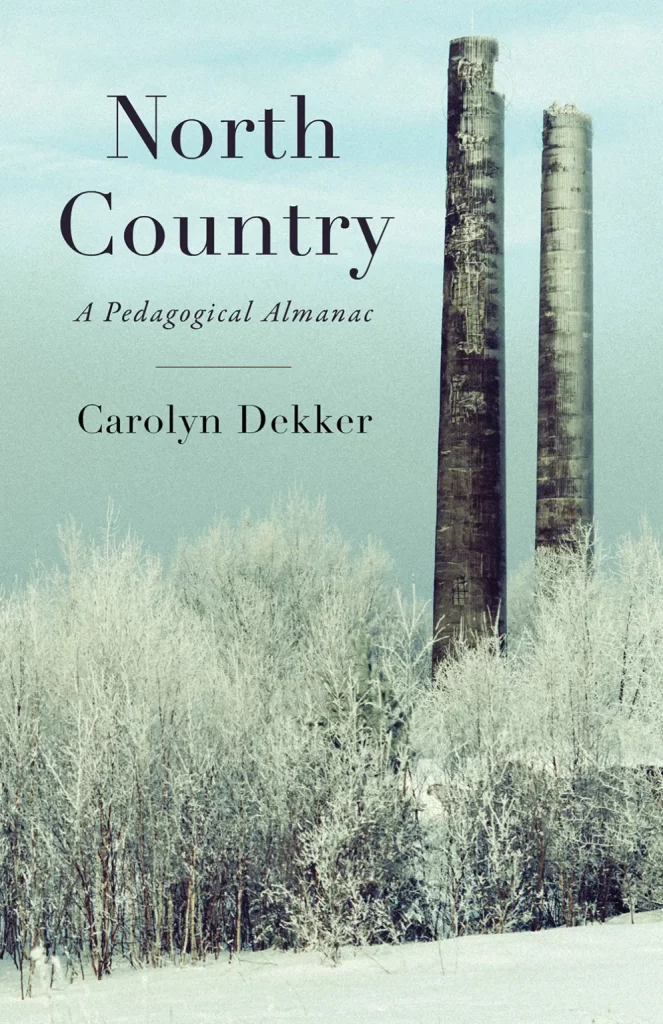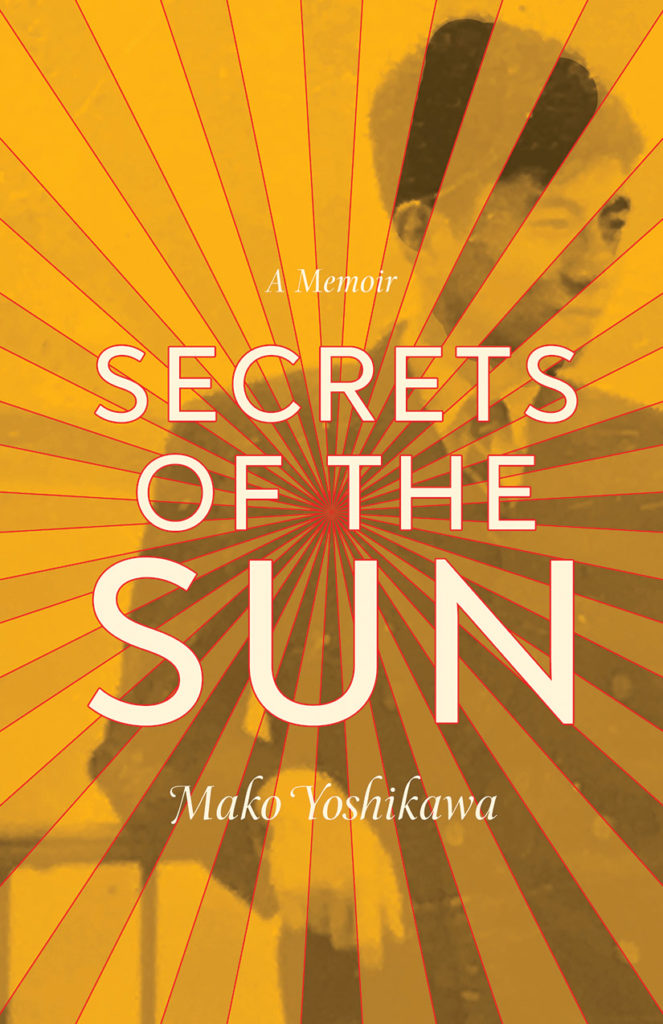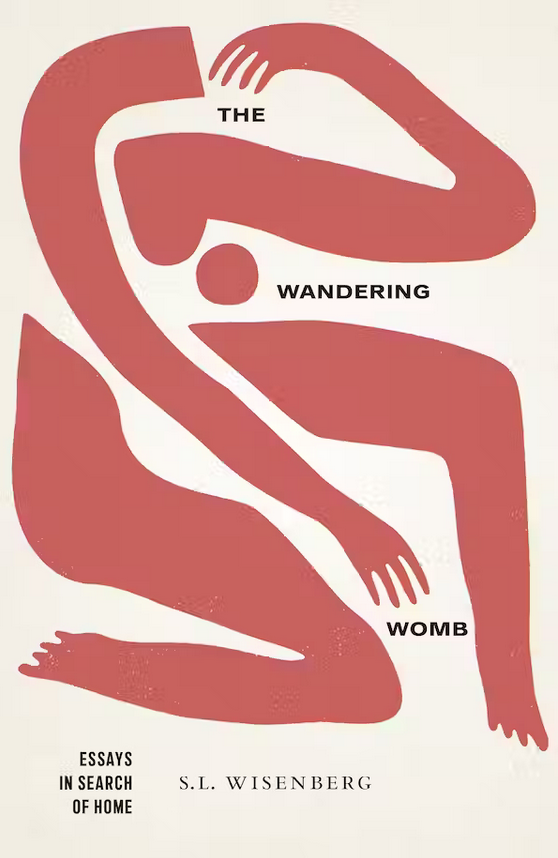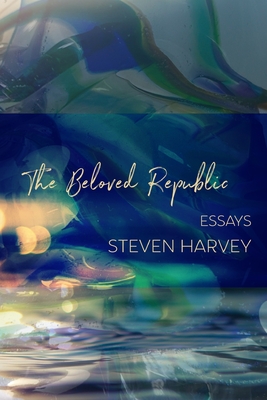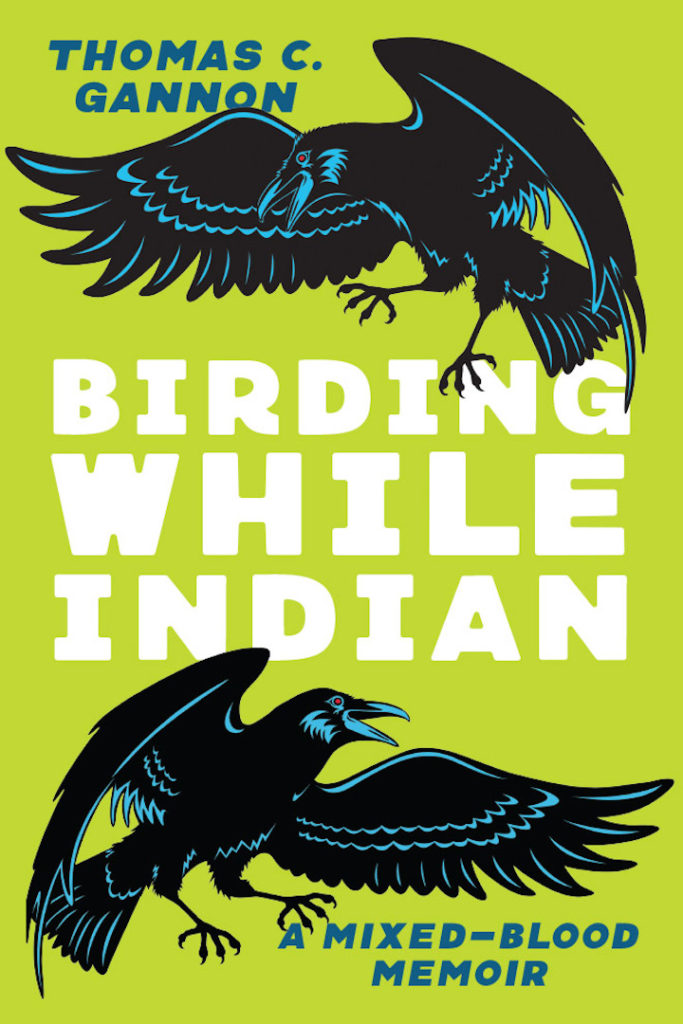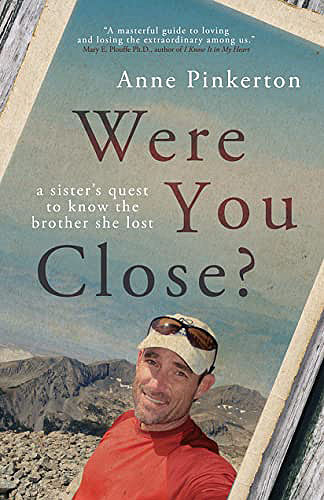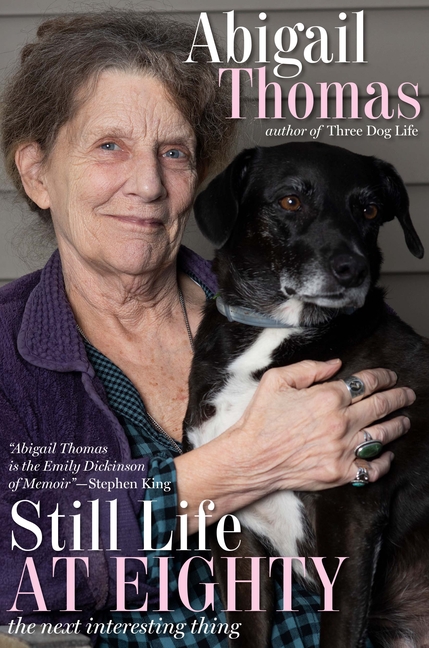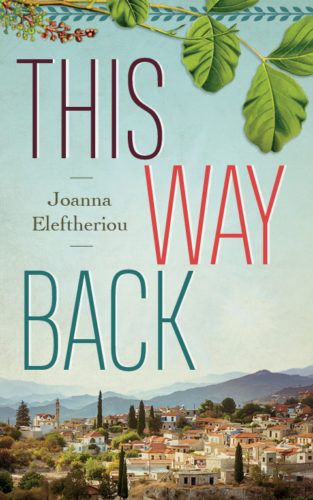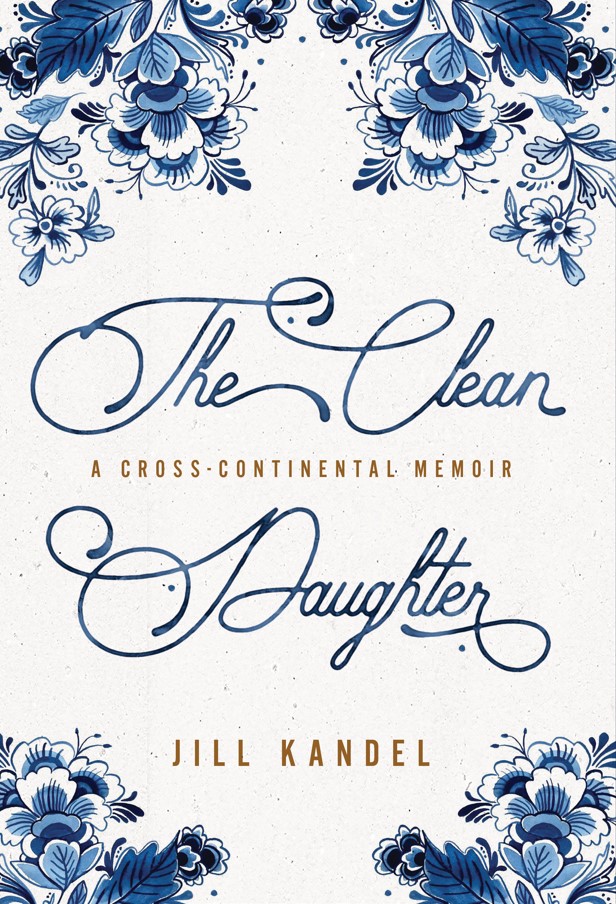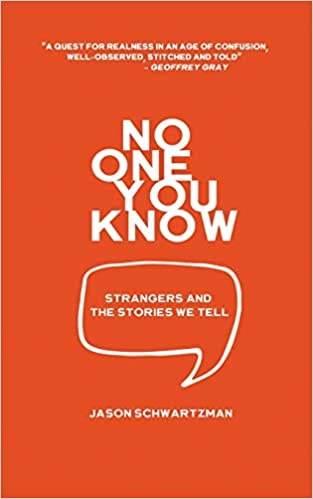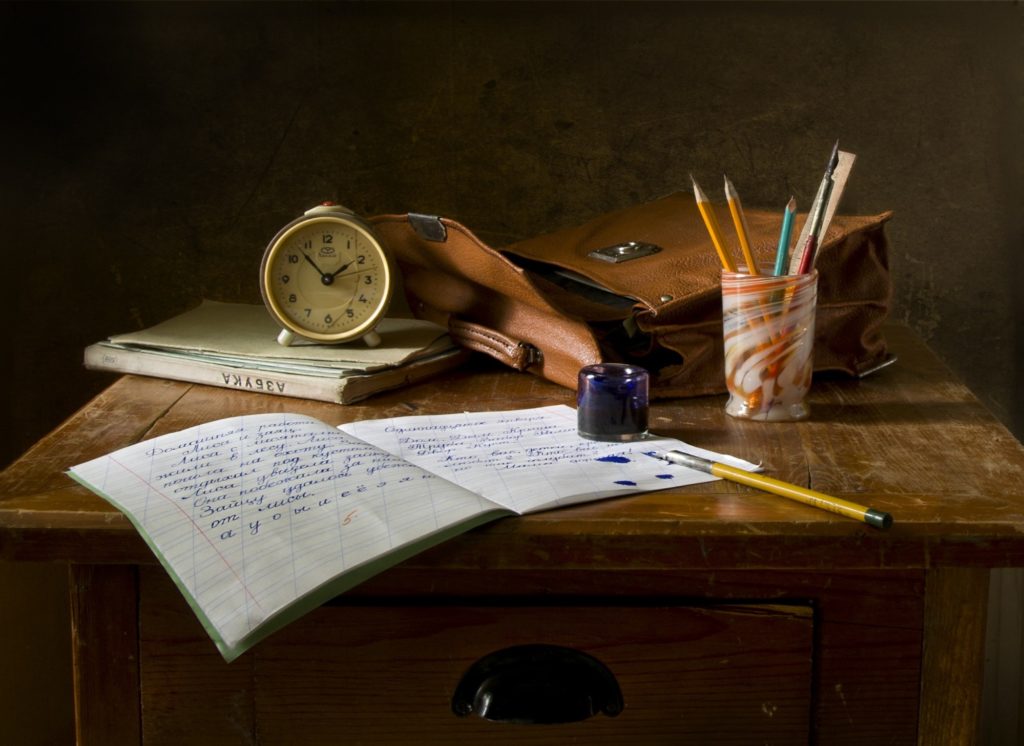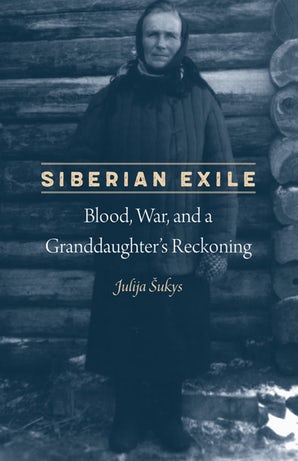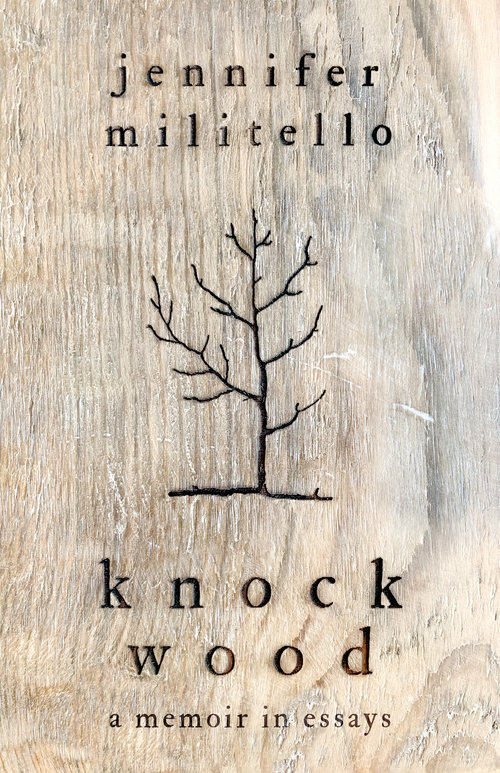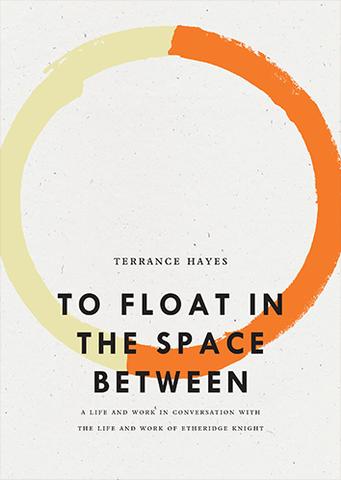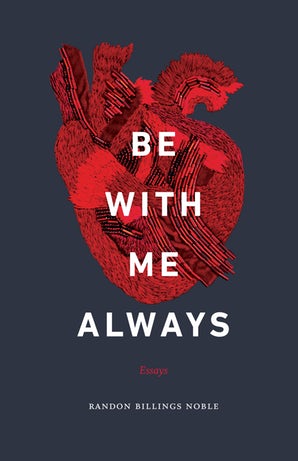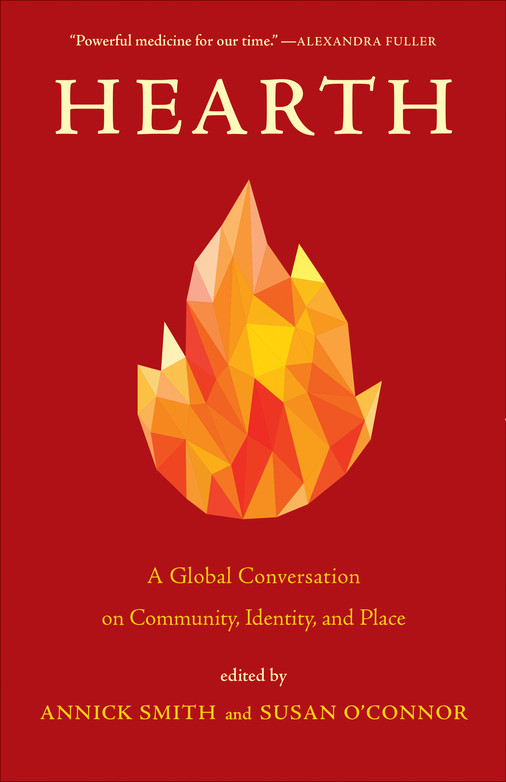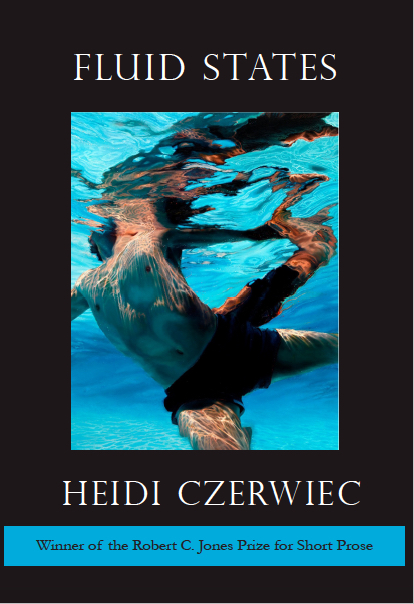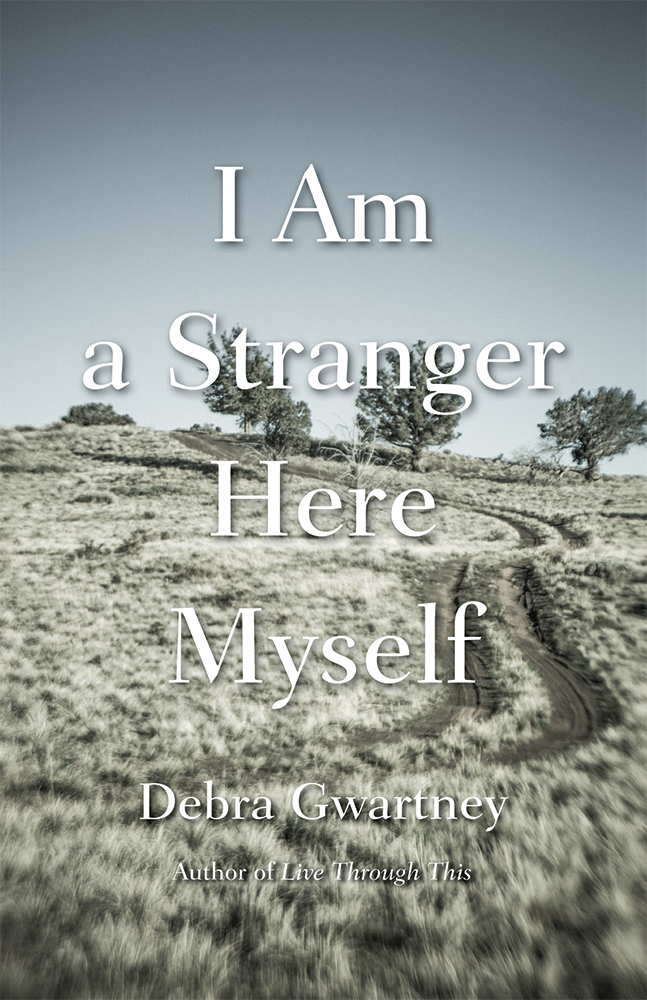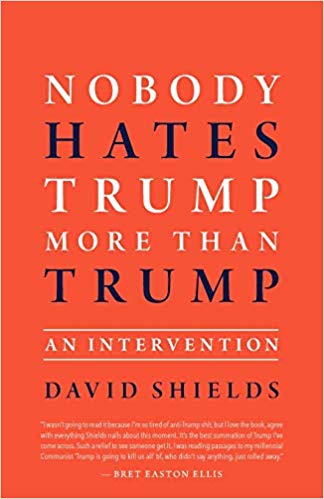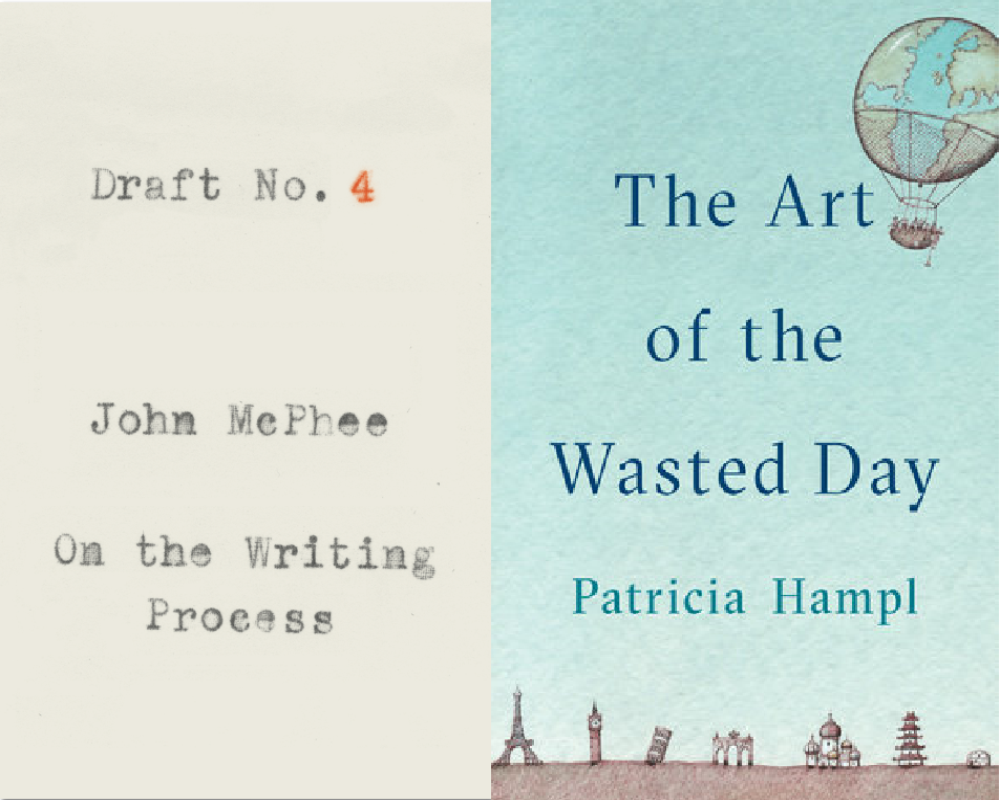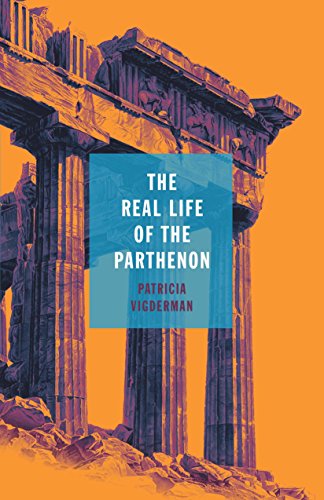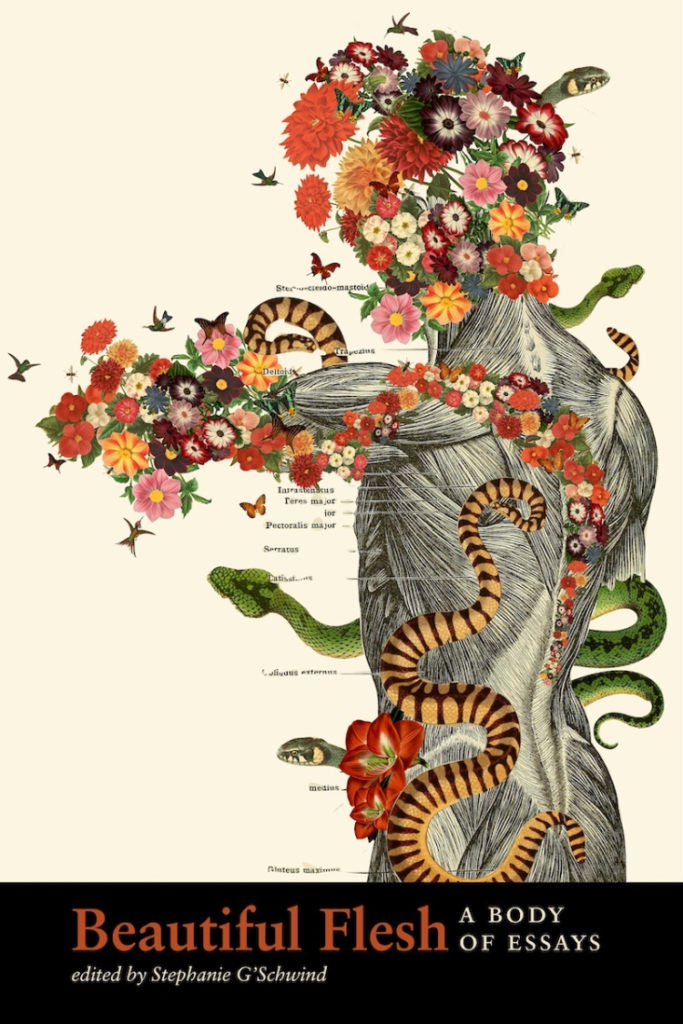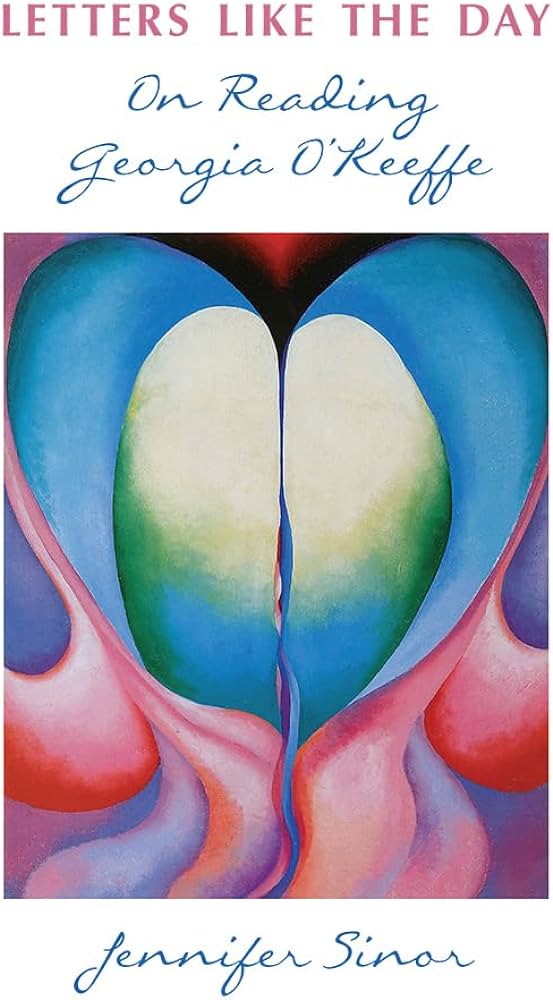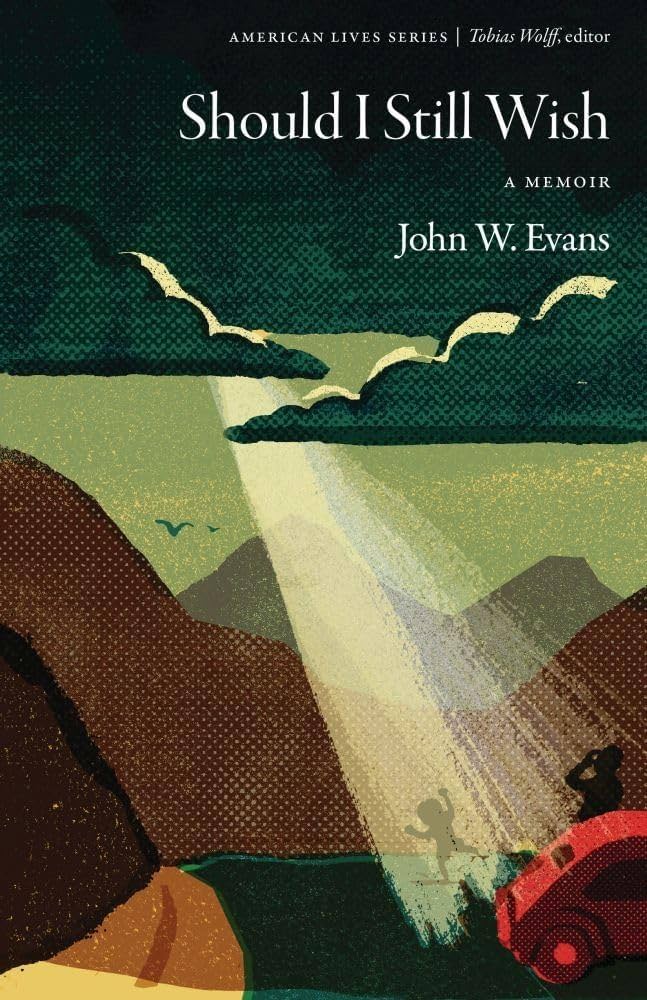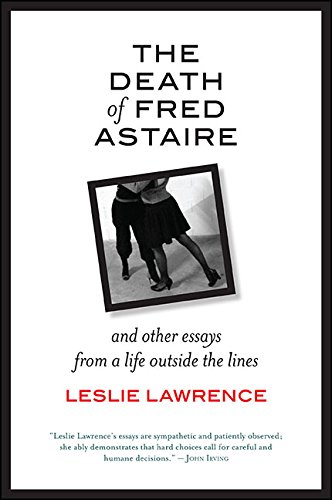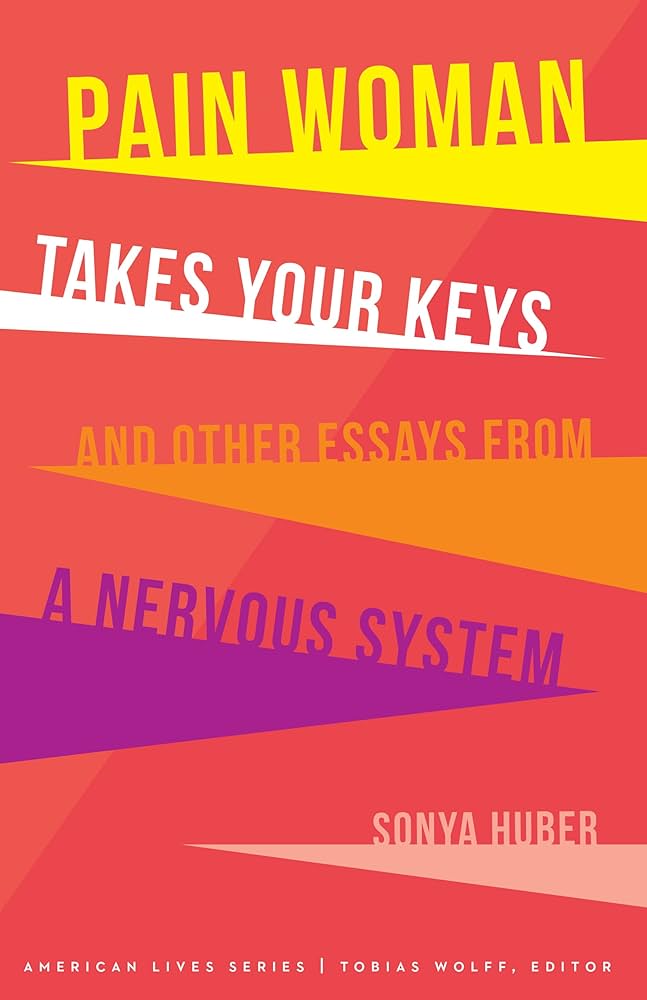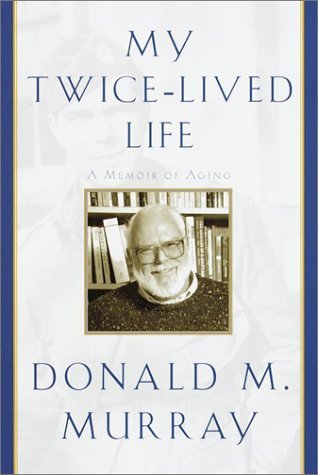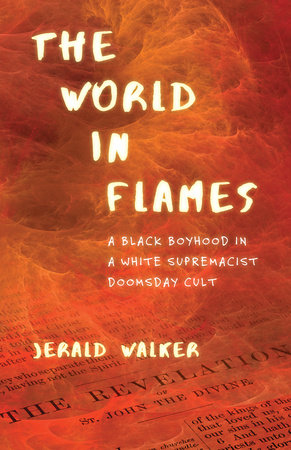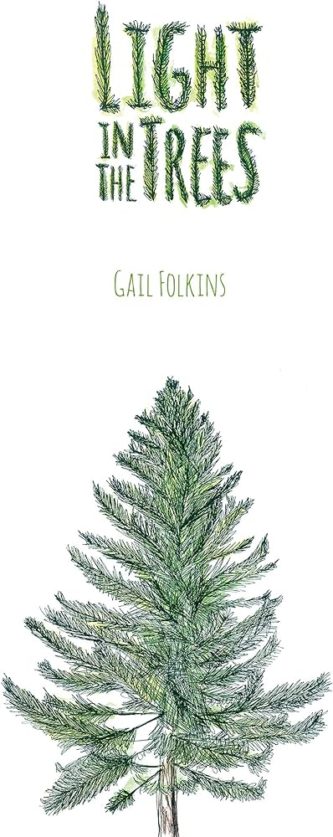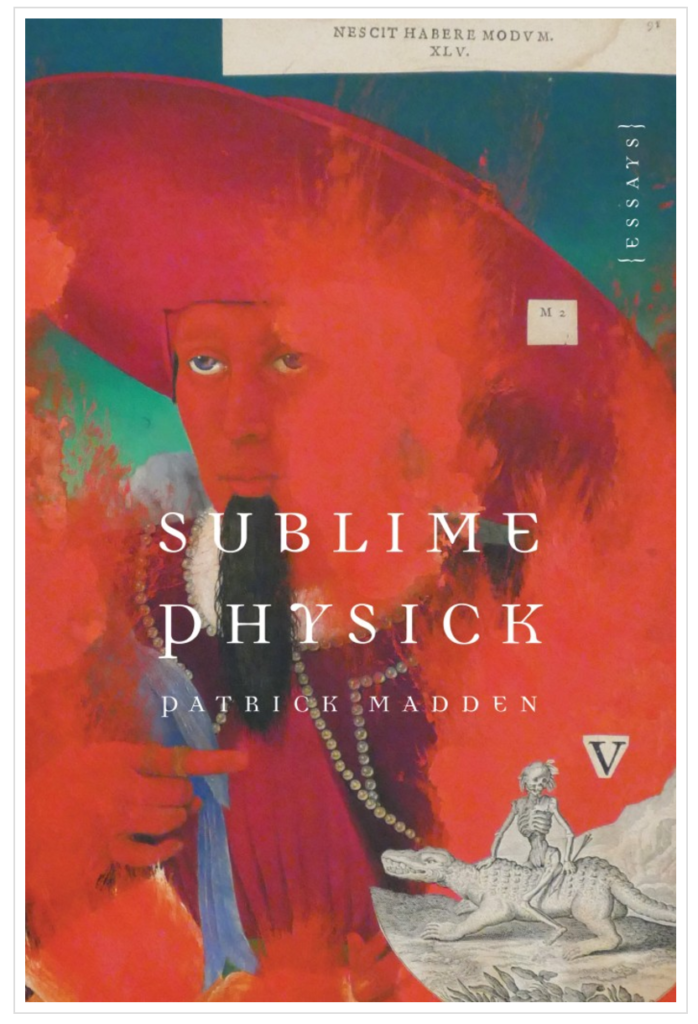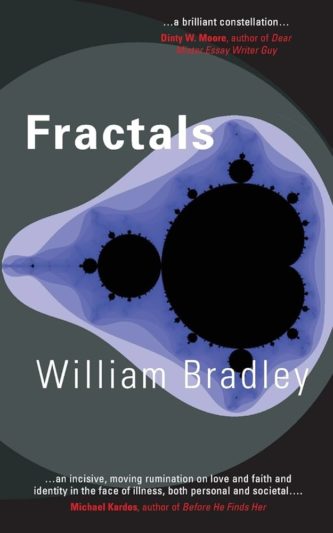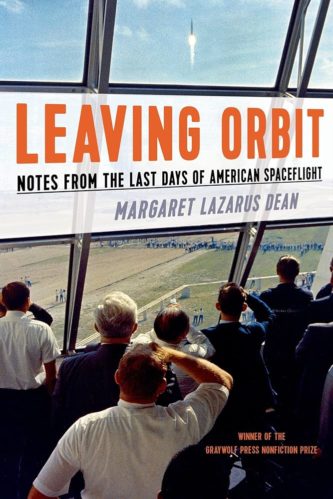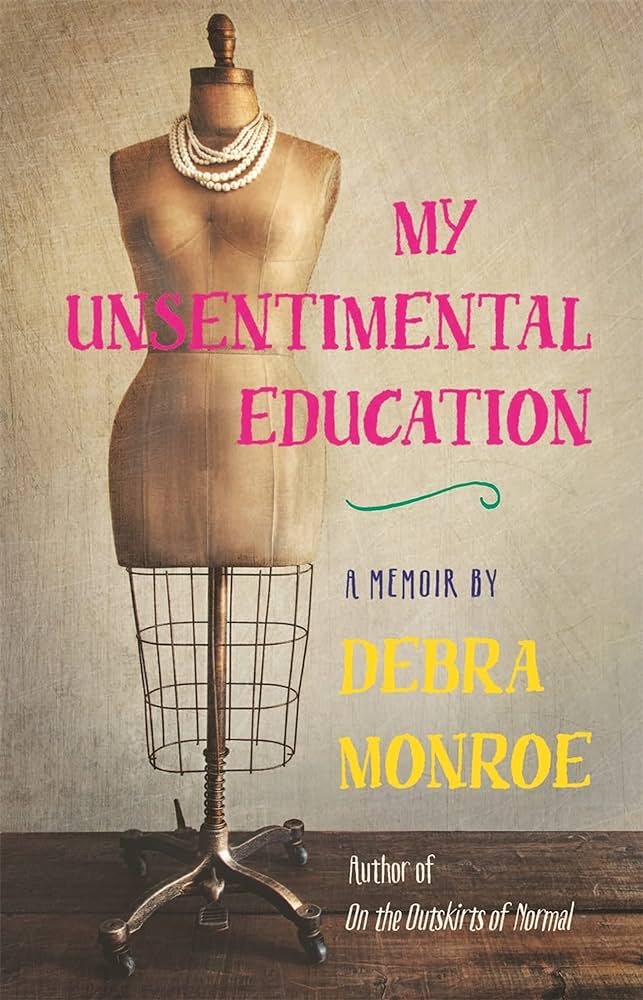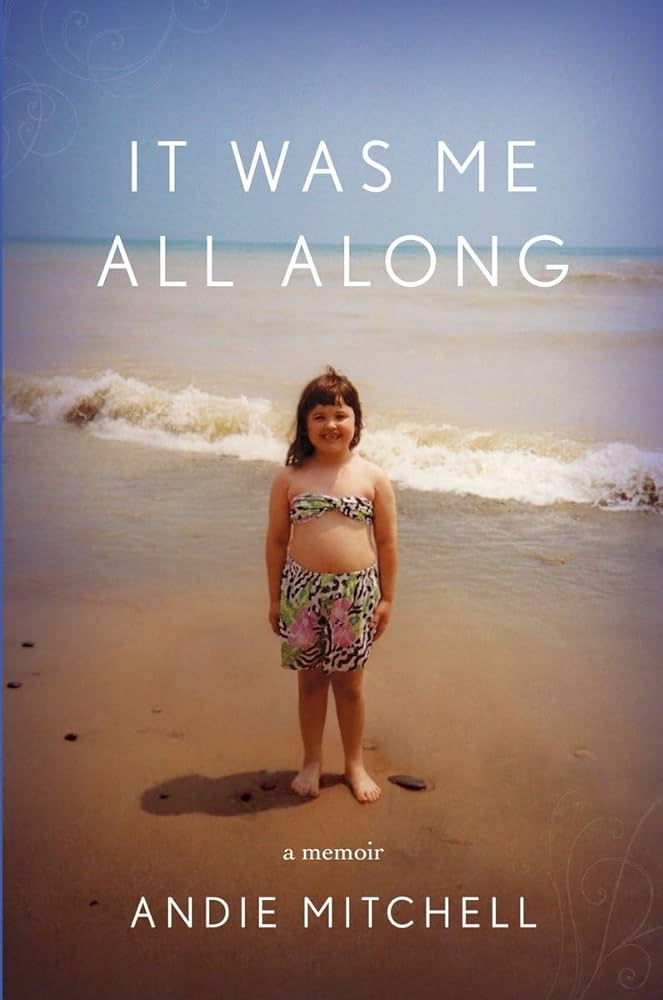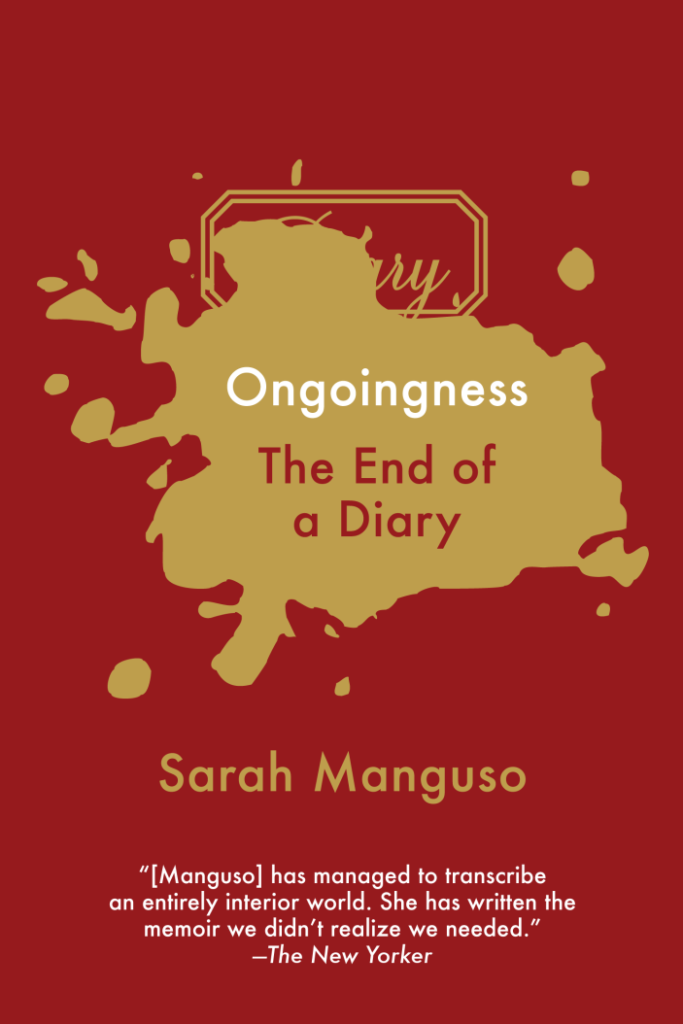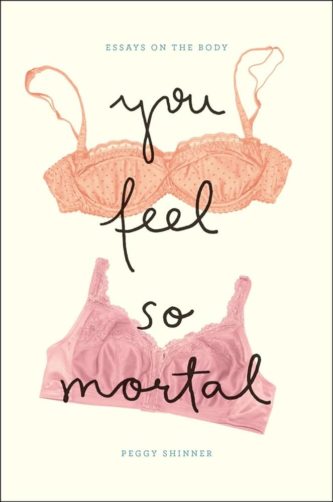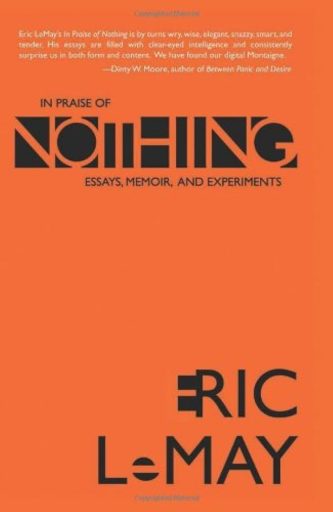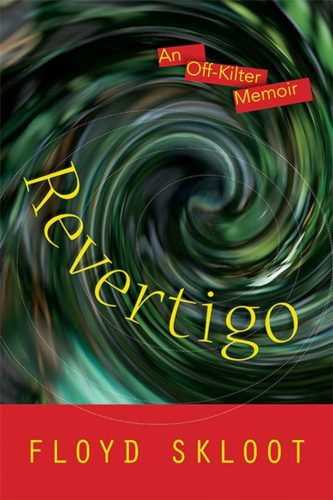By Jessie van Eerden
American Honey: A Field Guide to Resisting Temptation by Sarah M. Wells
In American Honey, a memoir-in-essays, Sarah Wells tells the story of a woman becoming a whole version of herself while navigating marriage and embracing a definition of love that abides mistakes and failures. These interconnected essays present a portrait of a self who is committed to deep relationships with others (husband, children, parents, coworkers) and invested in the bonds of love, place, and work as well as the intentionality required to preserve those at-times fragile bonds.
Wells is committed to writing from a Christian perspective; her previous books include The Family Bible Devotional: Stories from the Bible to Help Kids and Parents Engage and Love Scripture (Our Daily Bread) and the poetry collections Between the Heron and the Moss (Dreamseeker Books) and Pruning Burning Bushes (Wipf and Stock). In American Honey, she embraces the tenets of her faith while lovingly questioning American Evangelical culture’s too-easily packaged definitions of purity, holiness, and mercy. These essays focus keenly on the places in-between those high-minded ideals, the innerworkings of a heart divided, various, both overfull and hungering—the always-contradictory human heart. The narrator of these essays loves being in relationship, values both the spiritual and the physical aspects of being human, and portrays marriage like a good callous forming on her hand as she mulches the landscaping beds: the place “where friction meets tenderness.”
These essays are narratively driven. Some distill life in the flash form, others are patient and segmented, braiding strands of a younger self alive and pulsing on a 150-year-old family farm in Ohio with strands of an older self, which balances motherhood, career, partnership, and a writing life.
In “Natural Habitat,” we read the vivid memory of a family fishing outing from her childhood: “the five of us, all of us, Dad and Mom and me and Bill and Phil, together, rowing in a scary wooden boat around a pond. We got yelled at for almost tipping the boat . . . but the sun glistened on the surface, the cattails danced, frogs jumped into the water, and our hearts leapt with fear and joy. Do you remember the fish? Do you remember the pond?” In the same essay, the adult narrator, with her husband, casts and reels with their three small kids, “untangling fishing wire and re-baiting hooks, catching children before they were whacked in the eye by a mid-cast fishing rod.” In these juxtapositions, the essayist explores the tender work of preserving inherited memories while figuring out how to make her own.
Wells also contrasts the ideal with the authentically and imperfectly lived life. She explores the fiercely held expectations of her twenty-year-old self looking ahead to her well-planned life: “we’d start our huge and happy family, and maybe I’d keep writing while taking our beautiful and compliant children to soccer games and storytime at the library.” Often with humor, she then renders the harried love of exasperating soccer practices and partners’ parallel careers, the family vacation in an idyllic “rustic cabin” (so perfect online) which turns out to be a ten-by-ten shed right off the roaring highway beside a playground in disrepair.
Wells carefully builds with images—like that playground—offering metaphors for the truths and values she holds dear: “I chose the river birch. Its bark peels away in cinnamon-colored strips, like shedding skin, leaving behind a previous identity and embracing a new one.” This image comes early in the essay “Uprooted” in which the narrator, with her husband, chooses “to leave what is familiar for the unknown, to strike out beyond the present in order to make a future” and learns to cherish the groundedness of her childhood and the opportunity to uproot to a town away from family and make something of her own career as a writer and editor.
Throughout, Wells attentively crafts sentences to reflect the intimate rhythms of thinking, living, a body in movement, like this line recounting a study-abroad scene from her college days: “I hula hooped for a lemon Stolychnaya Ruski; it was paradise hot, the bar was open air, everyone sat the picnic tables, clapping, cheering, counting to ten as I hula hula hula won!” Sentences often mimic the mind trying desperately to restrain itself from obsession and from temptation toward an extramarital affair, as well as the genuine frazzle and weariness of an over-scheduled adult life: “I should be sweeping the kitchen floor. I should be reading through the school newsletter so that I know what’s going on with Lydia’s class. I should know something about what’s going on in my kids’ school lives. I shouldn’t be whining . . . stop making such a big deal out of it because it isn’t a big deal, right, right?! Right?!”
The “field guide” nature of the book makes use of the popular how-to approach that turns the concept of a manual on its head and inside out; it undermines the form’s official tone of authority and confidence yielding to uncertainty, to confusion, to unscriptable life. In the opening essay, “Field Guide to Resisting Temptation,” the neat, didactic container allows those taut imperatives to cumulatively reveal the impossibility of getting it right, because, ultimately, getting it right is not the point: “Do not send song lyrics to Facebook or post YouTube music videos or listen to any songs about love gone wrong or one-night stands or anything on country music radio. Okay, no music at all.”
For most Christians, the ultimate field guide to living faithfully is the Bible, and Wells quotes scripture to challenge the Word and to affirm it. In “He Thinks He’ll Keep Her,” the narrator cites Ecclesiastes, the famous passage often included in Christian wedding ceremonies: “A cord of three stands is not quickly broken.” The narrator admits: “I thought this braid of husband, wife, and God was something firm and unshakeable, but it turned out that its bond is tenuous, capable of loosening quickly, suddenly, a braid whose strands I pull but the hair is too shiny to hold, and the braid unravels. I comb it out and begin again, cross husband over wife, pull God from underneath and wrap around the other two . . . repeat this weave until it holds, for a time.” There is no failsafe guide, these essays assert; there is only the daily choosing.
And Wells seems most interested in that intentional choosing, interested in peeling away societal, religious, and commercial ideals to get down to a more complicated definition of what marriage is for those who choose it with intention: “Our marriage is not just tag-team grocery shopping and babysitting, laundry washed and folded, dinners discussed and cooked and eaten; no, we are creators and dreamers, lovers and friends, ambitious and insecure, weathering the seasons together as best as we can.” Indeed, these essays are invested in love stories that are inclusive and fraught and hard-won: “our love stories are built on the foundation of the ever-afters that preceded us, buttressed by the stories happening around us, and intercepted by the stories developing within us.”
Resource Publications
$21.00 Paperback | Buy Now
Jessie van Eerden is the author of three novels, Glorybound, My Radio Radio, and Call It Horses, as well as the portrait essay collection The Long Weeping. Her work has appeared in Best American Spiritual Writing, Gulf Coast, and other venues. She teaches creative writing at Hollins University and serves as nonfiction editor for Orison Books.


